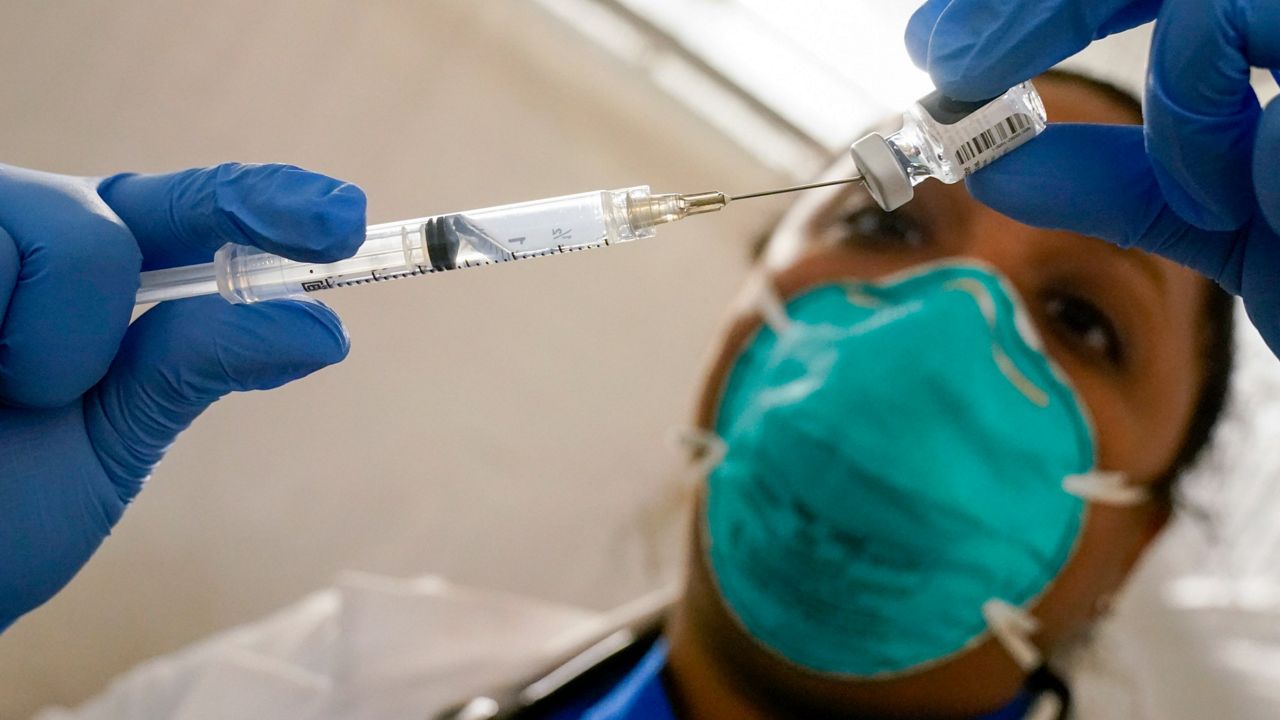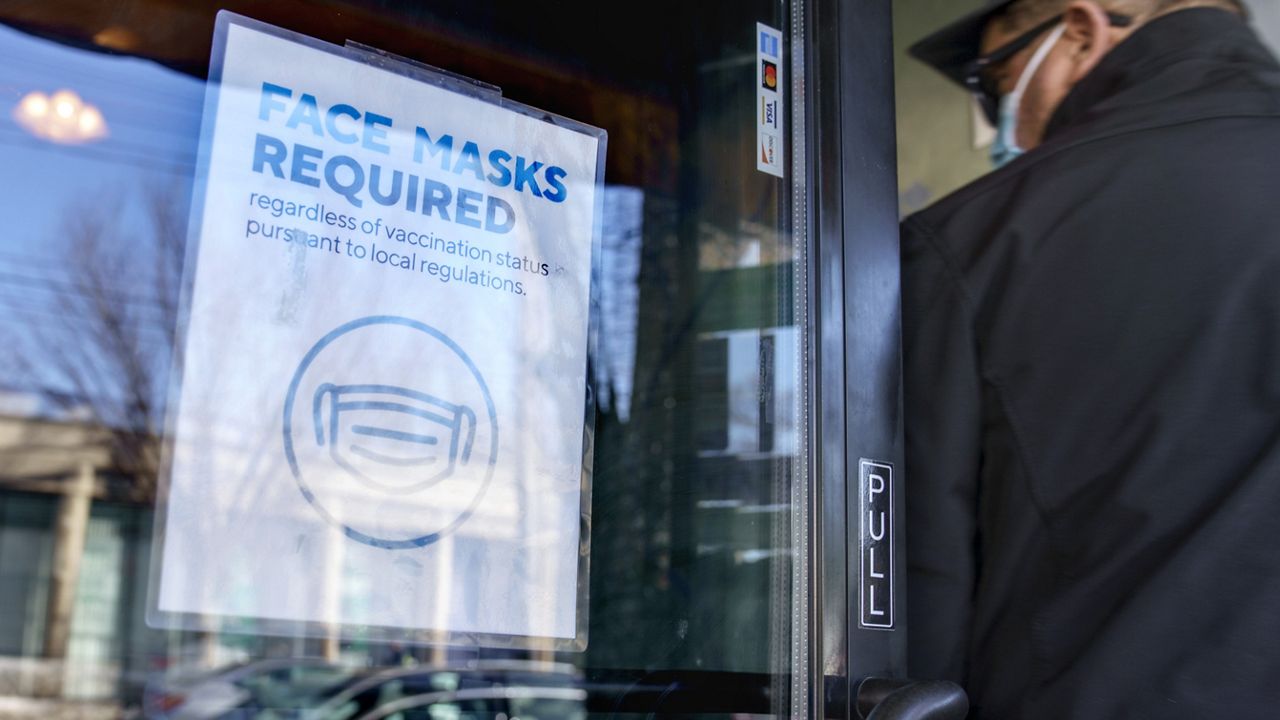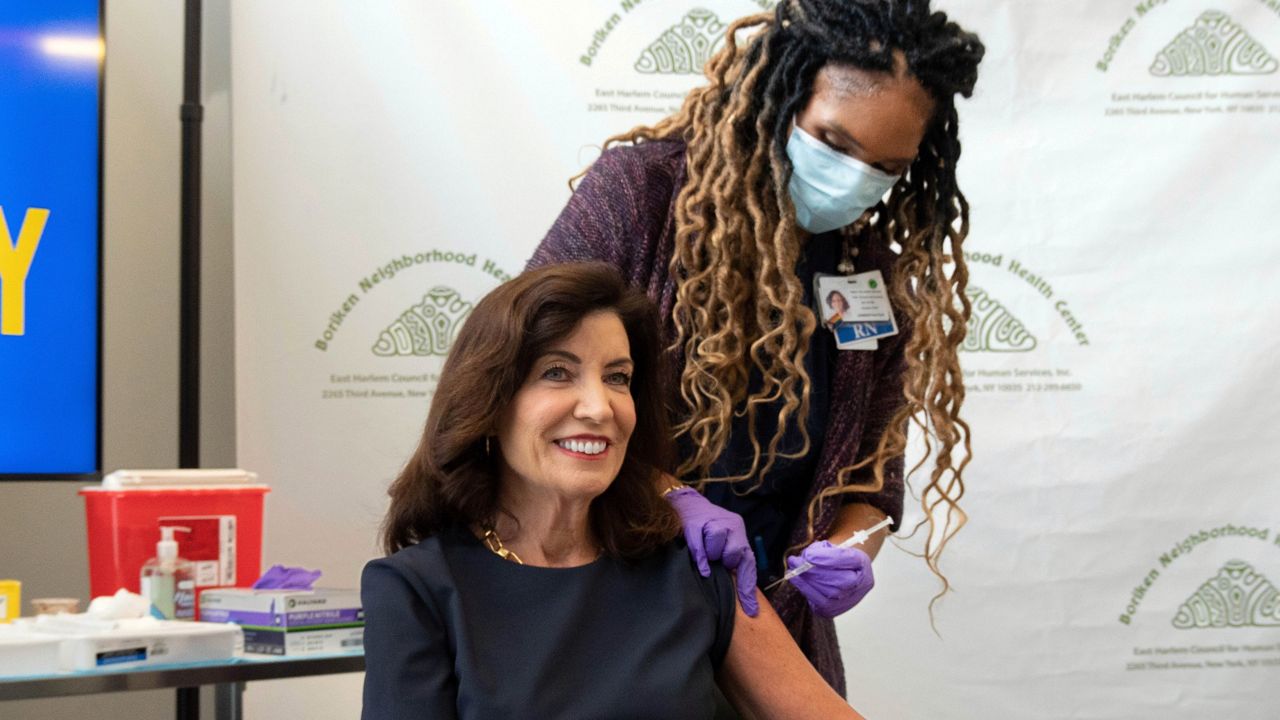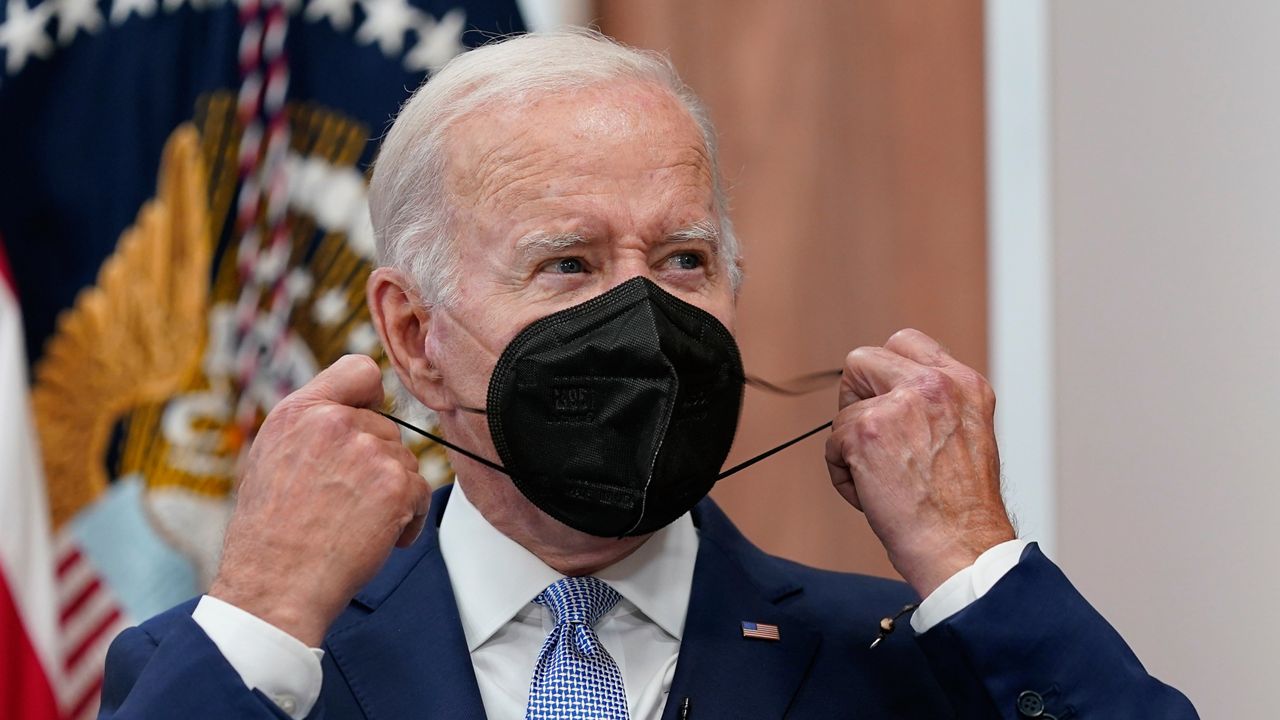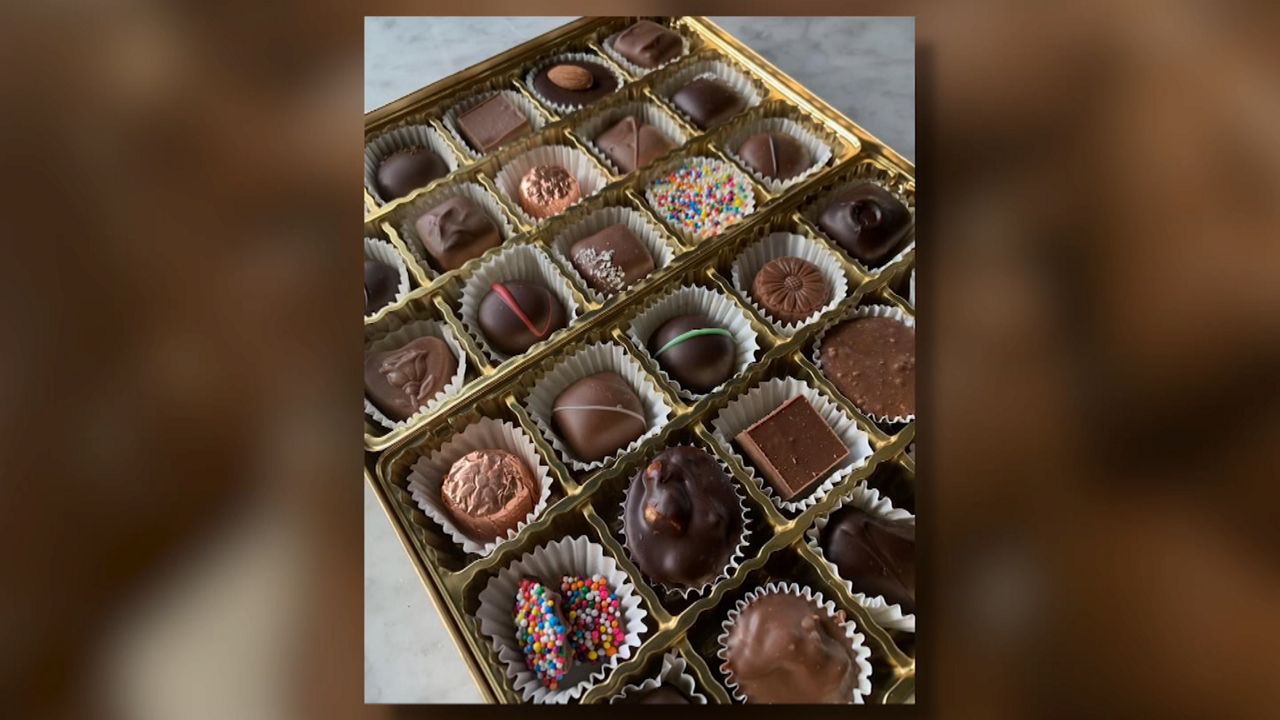New Yorkers can now receive $100 in exchange for getting a booster dose of the COVID-19 vaccination at city-run sites through the end of the year, Mayor Bill de Blasio announced Tuesday.
The new incentive comes as new COVID-19 cases have skyrocketed in the city, with more than 93% of new infections in the metro area being caused by the omicron variant, the CDC announced Monday.
About 5.9 million New York City residents are fully vaccinated, and more than 1.7 million of them have received booster doses as of Dec. 20, according to city data. Anyone age 16 and up who received their last dose of a Pfizer or Moderna vaccine at least six months ago, or their Johnson & Johnson dose at least two months ago, is eligible for a booster shot.
“If you're eligible, it's time. It will make all the difference,” de Blasio said at a news conference. “We want everyone, right now, as quickly as possible to get those boosters.”
Booster shots have been shown in recent scientific studies to provide significant protection against infection and severe disease, according to Dr. Dave Chokshi, the city health commissioner.
“The way we should think about these booster doses is that they keep your immunity up to date,” Chokshi said.
The $100 incentive is also available at clinics run by the health provider Somos.
The city has already spent more than $25 million on incentives for vaccinations, but de Blasio said that the spending is not impacting any other city program or initiative.
“We will simply make it a priority to spend whatever it takes,” he said.
De Blasio said the city is also expanding testing to a total of 112 fixed and mobile sites through the five boroughs, as many testing sites see hours-long waits for lab-based tests, and the city is waiting on a shipment of at-home rapid tests.
Dr. Mitchell Katz, head of the city’s public hospital system, said that beginning today the hospital sites offering testing would be switching nonessential doctors visits from in-person to virtual so that on-site staff could help with testing.
De Blasio said that city testing sites have been overwhelmed because health department projections underestimated the rapid spread of the omicron variant.
“We have had to make adjustments very, very quickly,” de Blasio said. “We’ve never seen anything like this before.”
The explosion of the omicron variant has also affected schools. Currently seven schools out of about 1,600 are closed completely, and 359 classrooms out of 48,000 are closed. The positivity rate for tests in schools is about a fifth of the city at large, de Blasio said.
When the city receives its order of at-home antigen tests, those will be distributed to schools and families to help with student testing, Chokshi said.




